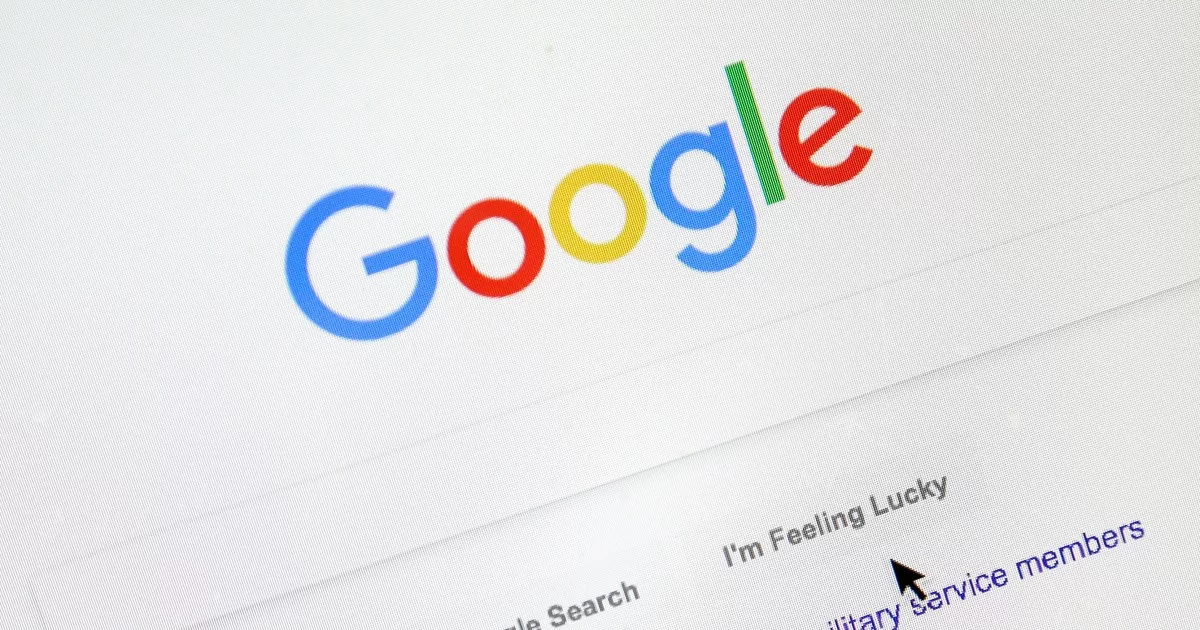Google has come under fire from conservatives in the United States amid claims that the tech giant is suppressing information about the attempted assassination of Donald Trump in order to influence the presidential election.
Trump, who is running for a second term in the White House on the Republican Party ticket, narrowly escaped being killed when a lone gunman opened fire at a campaign rally in Pennsylvania on July 13.
The attack, which killed one rally attendee, injured two others, and bloodied the former president’s ear, has spawned a number of unsubstantiated claims and conspiracy theories.
The latest revolves around Google Search’s autocomplete feature, which is designed to help users save time by predicting their search query based on the opening letters or words that are inputted.
Why is Google’s autocomplete function under fire?
Over the weekend, some internet users noticed that writing about assassination attempts in the Google search bar did not automatically prompt search queries about the shooting of Trump.
Users were instead prompted to search for information about attempted assassinations of other famous figures, including former US Presidents Ronald Reagan and Harry Truman and Slovakian Prime Minister Robert Fico.
Al Jazeera recreated similar results on Tuesday.
The apparent anomaly with autocomplete does not affect the search results available to users seeking out information about the attack.
Entering keywords related to Trump’s attempted assassination into Google still produces news articles, YouTube links, and a Wikipedia page, among other results, as would be expected.
What are conservatives saying about the issue?
Conservatives and Republicans have seized on autocomplete’s treatment of the attack as evidence of Google trying to suppress information that could affect the outcome of the US presidential election in November.
Screenshots and videos of autocomplete’s results were shared by a number of high-profile X accounts on Sunday, including Libs of TikTok, which is known for its mocking criticism of liberals and Democrats, and Texas Senator Ted Cruz.
“Google needs to be hauled in front of Congress to answer for this. Orwellian,” Libs of TikTok said to its 3.3 million followers in a post accompanied by a video of the autocomplete results.
“They are gas-lighting the American people & trying to erase the attempted assassination of Trump,” Cruz said in a post accusing Google of engaging in “active election interference”.
This…is…insane.
@Google is engaged in active election interference.
They are gas-lighting the American people & trying to erase the attempted assassination of Trump. pic.twitter.com/g2h8DzkDON
— Ted Cruz (@tedcruz) July 28, 2024
Kansas Senator Roger Marshall also accused Google of suppressing information and said he would be making an “official inquiry” with the tech company.
Elon Musk, the billionaire owner of X and Tesla, amplified the narrative with a number of posts claiming that Google was suppressing information about Trump.
Libs of TikTok made similar claims about OpenAI’s ChatGPT, posting a screenshot of the chatbot saying there was “no verified information or evidence that Donald Trump was ‘almost assassinated” during his presidency or afterwards”.
As pointed out by other X users in a community note, however, ChatGPT’s most recent training data only extends to October 2023.
US tech companies like Google have regularly faced accusations that they discriminate against conservative and Republican viewpoints.
Florida and Texas, both of which are governed by Republicans, have passed laws aiming to restrict Big Tech’s power to censor conservative views.
In 2018, then-President Trump accused Google of burying content from Infowars, a fringe website run by conspiracy theorist Alex Jones.
In 2020, Cruz accused Google of trying to demonetise conservative news outlet The Federalist over its content.
While Google later clarified it only issued the website a warning, the company did demonetise the smaller fringe site Zero Hedge for racist content around the same time.
What is Google’s response to the controversy?
Google did not respond to Al Jazeera’s request for comment, but a spokesperson told the New York Post that while “no manual action was taken on these predictions”, its autocomplete function includes protections against predictions “associated with political violence”.
“Of course, Autocomplete is just a tool to help people save time, and they can still search for anything they want to. Following this terrible act, people turned to Google to find high-quality information – we connected them with helpful results and will continue to do so,” the spokesperson was quoted as saying.
Some commentators have noted that autocomplete’s limitations are not confined to content about Trump.
Matthew Yglesias, a liberal commentator who formerly worked for Vox, sarcastically suggested that Google had “banned” Vice President Kamala Harris’s presidential campaign in an X post accompanied by a screenshot showing autocomplete’s failure to prompt queries about the de facto Democratic nominee.
I feel like right-wing accounts are always doing numbers on various autocomplete conspiracy theories — how come Google has search banned Kamala Harris’ presidential campaign? pic.twitter.com/z1LNYIOrRm
— Matthew Yglesias (@mattyglesias) July 29, 2024
Google on Monday told NBC News that autocomplete was “not working as intended for some searches about the names of several past presidents and the current vice president”.
“We’re looking into these anomalies and working on improvements, which we hope to roll out soon. Our autocomplete systems are dynamic, so predictions will change based on common and trending queries,” a spokesperson was quoted as saying.
